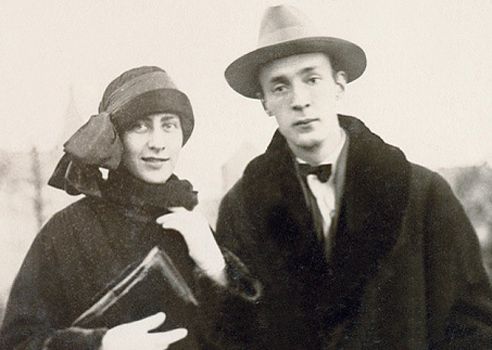Reading time: Less than 1 minute
Increase your vocabulary and you’ll make your writing much more precise. That’s why I provide a word of the week. Today’s word: auto-da-fé…
In the Nov. 16/15 New Yorker I read an interesting article about Vera Nabokov, headlined “Silent Partner” by Judith Thurman. The wife of Vladimir Nabokov — who was author of Lolita (1955) and Pale Fire (1962), among other books — Vera is famous for being the self-depricating, supportive spouse.
Here’s how Thurman describes Vera: She was his first reader, his agent, his typist, his archivist, his translator, his dresser, his money manager, his mouthpiece, his muse, his teaching assistant, his driver, his bodyguard (she carried a pistol in her handbag), the mother of his child, and, after he died, the implacable guardian of his legacy.
To preserve her husband’s legacy Vera even destroyed her own letters to him, and blacked out the lines she had added on their postcards to his mother. Thurman’s response to this action, also gives me my word of the week, auto-da-fé. Here’s how she used it:
Was it the act of a morbidly private women refusing to expose herself— and thus, consciously or not, enshrining her mystique? Or an auto-da-fé that destroyed the evidence of wifely heresy?
I had never before heard the term auto-da-fé, but it refers to the ritual of public penance of condemned heretics made during the Spanish Inquisition. In medieval Spanish the word means “an act of faith.”

